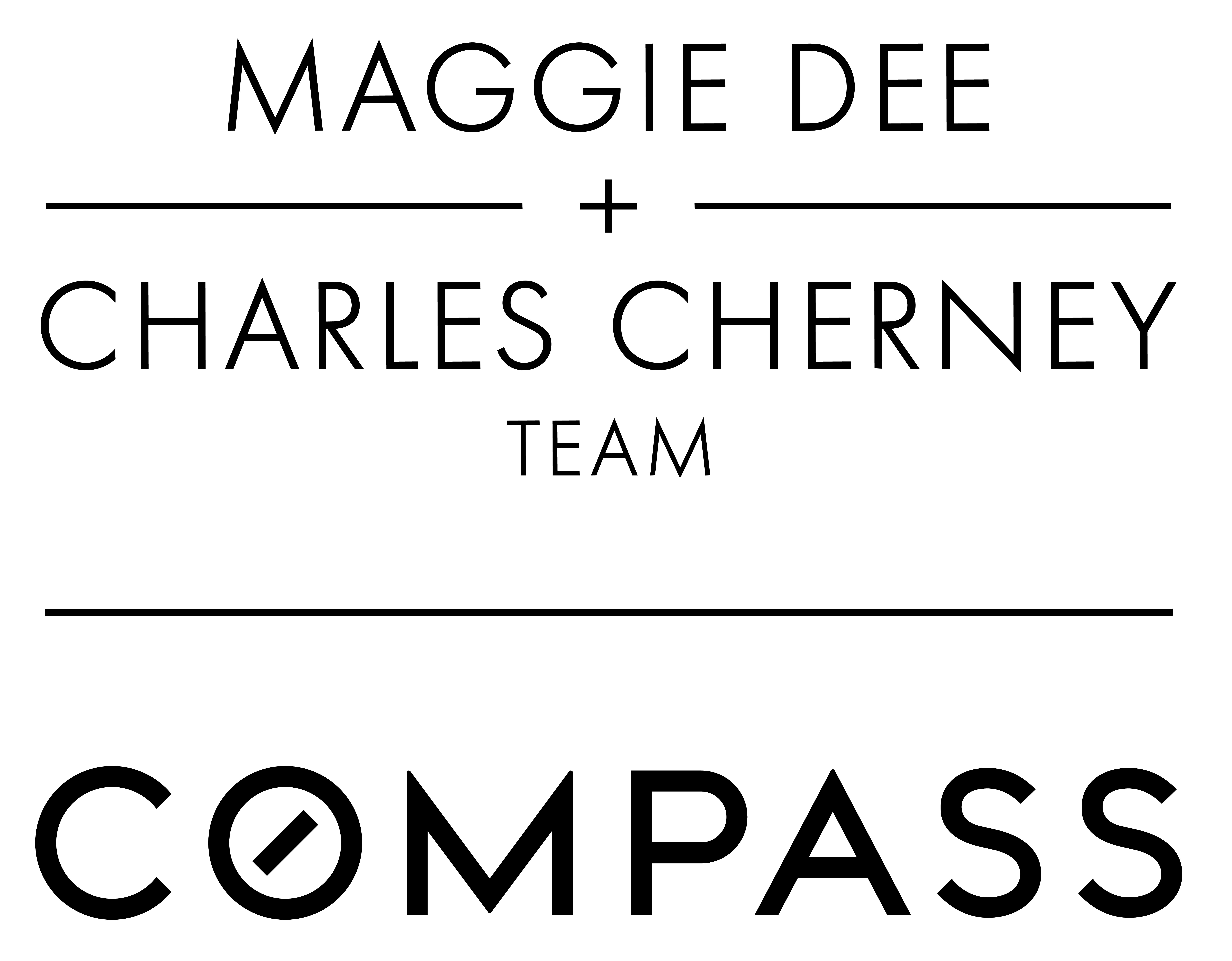What is Radon?
What is Radon?
Radon is a naturally occurring radioactive gas. The ground produces the gas through the normal decay of uranium and radium. As it decays, radon produces new radioactive elements called radon daughters or decay products which scientists have proven to cause lung cancer. Concentrations of radon gas are measured as "picocuries per liter" (pCi/l). The EPA recommends that if a radon test results in a reading greater than 4 pCi/l, remedial measures ought to be taken to lower the average annual exposure to radon.
I work in the Cambridge and Somerville market. It is fairly typical for a buyer in the Cambridge and Somerville market to include a radon contingency to test for radon when the property has finished space on the lower level. Here is what a radon contingency looks like in an offer:

Almost always, the radon test is completed prior to the execution of the purchase and sale agreement. Radon testing is usually organized by the home inspector. The two common ways to test for radon are the following:
1) Radon test vials are left in place at the subject property for 48 hours and then mailed to the lab for test results. It usually takes several days for the test vials to arrive via the mail and then a few more days for the lab results to become available. Typically, they are posted online and accessible with a code.
2) A machine that monitors for radon is set up at the subject property for 48 hours. The machine produces a report detailing the radon levels during test period. Results are available immediately at the end of the 48 hour test period.
If there is a high radon reading, radon mitigation is necessary. As noted above, the EPA recommends that if a radon test results in a reading greater than 4 pCi/l, remedial measures should be taken to lower the average annual exposure to radon. In a real estate transaction in the Cambridge and Somerville market, a radon mitigation system almost always falls on the seller's plate and is a seller expense. The solution involves hiring a radon remediation company to install a radon mitigation system. The installed mitigation system increases the home's air ventilation and reduces the radon level. No two properties are the same and the cost varies. In my experience it usually costs several thousand dollars to install a radon mitigation system.
For more information on Radon, watch the video below and visit RadonIsReal.org




